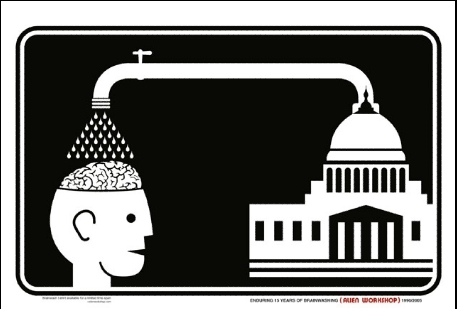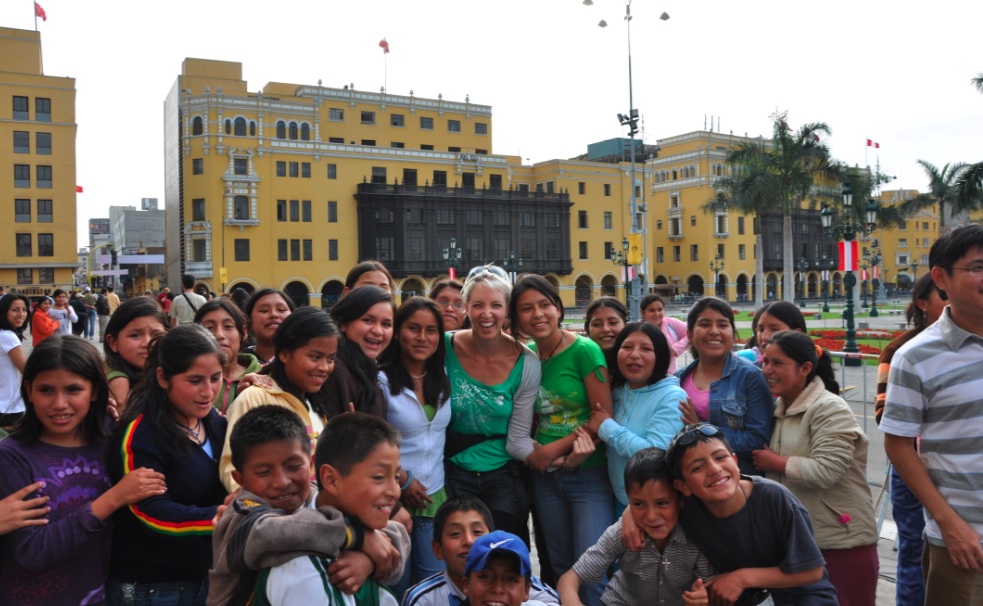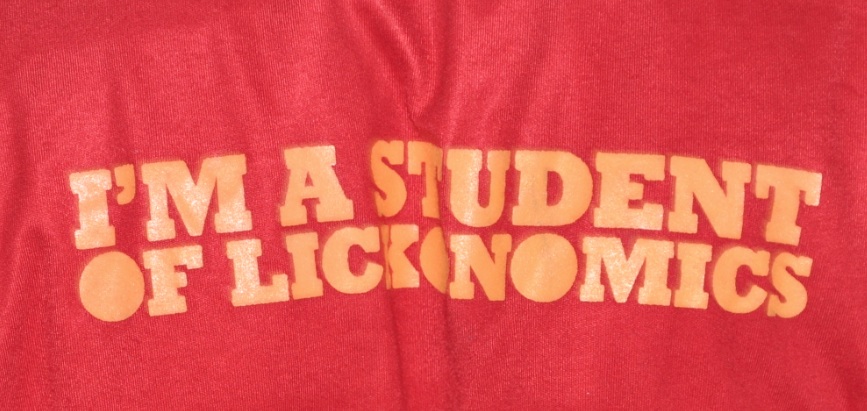25 March 2008 (Journal entry #3 – part of an assignment for “Key Issues in Peace and Conflict Studies”)
“War is Peace. Freedom is Slavery. Ignorance is Strength”
It’s our Easter vacation and I just watched George Orwell’s ‘1984‘ for the first time. Propaganda, ‘big brother’ and ‘thought crime’. Wow! What a movie!!!
1984 illustrated many causes of conflict and violence that in the past have led to major world wars, and to this day continue to cause psychological and physical violence personal, inter-personal, inter- group and inter-national levels.
It was Galtung’s article on “Cultural Violence” that motivated me to rent this movie.
Galtung discussed the concept of ‘true believers’, who focus on the right belief, not just on right deeds. I understand the application of this concept.
In my Christian upbringing, I was taught that to go to heaven all you had to was believe the story that Jesus lived, died and rose from the dead in physical form, before ascending to heaven. He did all that to save my sins. I was told that I was very “lucky” to have been “chosen” by God to be become a Christian. I was told that thinking a sin is as bad as doing it. Sound’s a lot like Orwell’s ‘thought-crimes’ to me…
Galtung examined some theological distinctions between religions: the difference between a transcendental God outside us and an immanent god inside us; and the different of belief that we are born into original sin (as in some Christian theologies ), original blessing (as others claim), both (Hindu- Buddhist kharmaist) or neither (Athiest).
Galtung’s table below demonstrates the severe consequences of beliefs about being ‘chosen’:
| God chooses | And leaves to Satan | With the consequences of |
| Human species | Animals, plants, nature | Speciesism, ecocide |
| Men | Women | Sexism, witch burning |
| His people | The others | Nationalism, imperialism |
| Whites | Colored | Racism, colonialism |
| Upper classes | Lower classes | Classism, exploitation |
| True believers | Heretics, pagans | Meritism, Inquisition |
Zimbargo talks of ‘false pride’ – people who say “Not me, I am different from those kinds of people who did that evil deed”.
The world is thought to be Black and White. The Milgram Obedience Experiments presented in Zimbardo’s article, describe 10 ingredients authority use to gain control over people to do the unthinkable:
1. Presenting acceptable justification – cover story/ ideology etc
2. Arranging some sort of contractual obligation
3. Giving participants a meaningful role to play
4. Presenting basic rules
5. Altering semantics – not hurting victims, but helping learners
6. Diffusion of responsibility for negative outcomes
7. Starting the path toward the ultimate evil act with a small insignificant first step e.g. only 15 volts
8. Gradually increasing the level so not noticeable
9. Gradually changing the nature of Influence Authority changing from Just to Unjust, rational to irrational
10. Making the ‘exit costs’ high, and the process of exiting difficult
1984 was a good illustration of these ingredients. It was interesting to see propaganda and brainwashing in action: the justification of violence through the appeal to law and idealism.
I think it is interesting to compare 1984 and these 10 ingredients, to tactics used by the Bush administration to get Americans to support the war against Iraq.
Throughout history, and continuing as I write today, brainwashing and indoctrination are a major cause of violence on all levels. I think it has to be stopped. This I wish to investigate further in my dissertation.
Follow up note:
I did further investigate this for my dissertation “An Ethical Dilemma: Childhood Conversion in Christian Fundamentalism.” I discovered “stopping indoctrination” is not as black and white as it sounds… I shall some of these findings as soon as I figure out how to upload a voice recording to this website.
Picture:
Found on Google Images – from http://aneighth.com/ – I would ask approval from the creator but I couldn’t find contact details. If subject to copyright please let me know.


